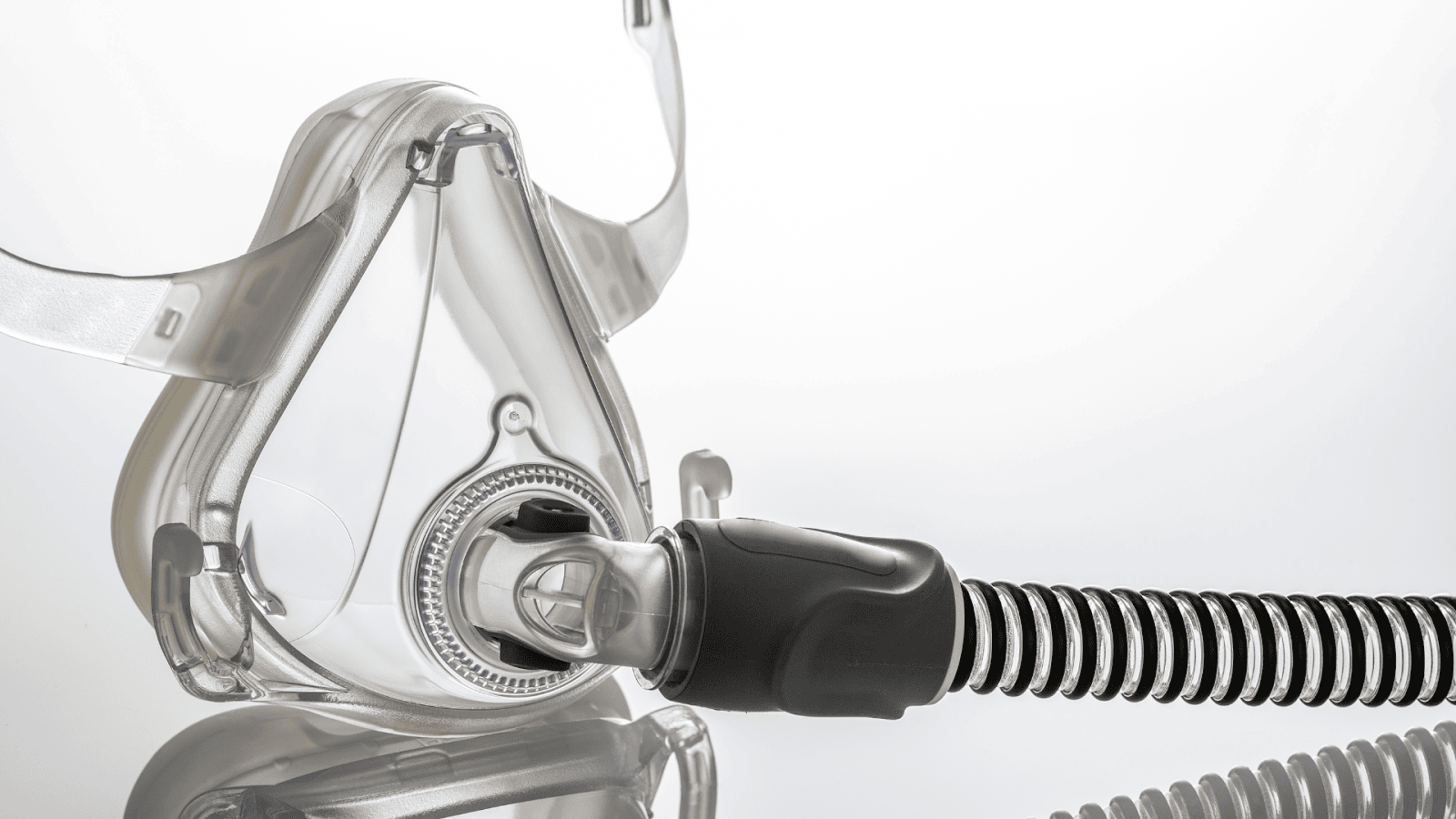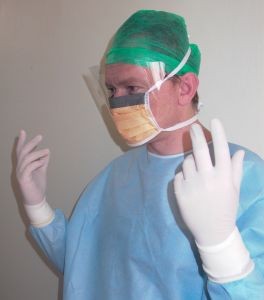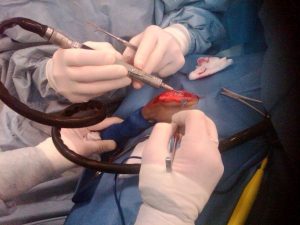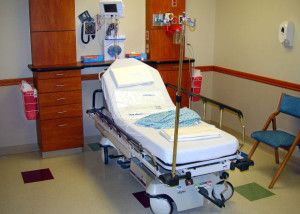
In an unprecedented move that has caught the attention of healthcare providers and patients alike, Philips Respironics issued a recall for specific models of its BiPAP and CPAP machines in 2021. This recall raises significant concerns for individuals relying on these devices for respiratory support, marking a critical juncture in the realm of patient care and medical device reliability. The announcement has sent ripples through the medical community, prompting a reevaluation of the safety and efficacy of such essential respiratory support devices. Recognizing the gravity of this situation, Jeffrey Glassman Injury Lawyers is committed to advocating for the rights and well-being of our clients.
Important Update on Philips Respironics Machine Recalls
The U.S. Food and Drug Administration (FDA) has issued critical updates on the recall of specific Philips Respironics CPAP, BiPAP, and ventilator machines, highlighting the serious nature of the situation with 561 deaths associated with these devices since the recall began in 2021. These machines, essential for individuals with sleep apnea and other respiratory conditions, have been identified as having significant issues that could pose severe health risks to users. The alarming number of associated fatalities underscores the urgency for affected individuals to take appropriate actions and seek guidance.
 Product Liability Lawyer Blog
Product Liability Lawyer Blog





